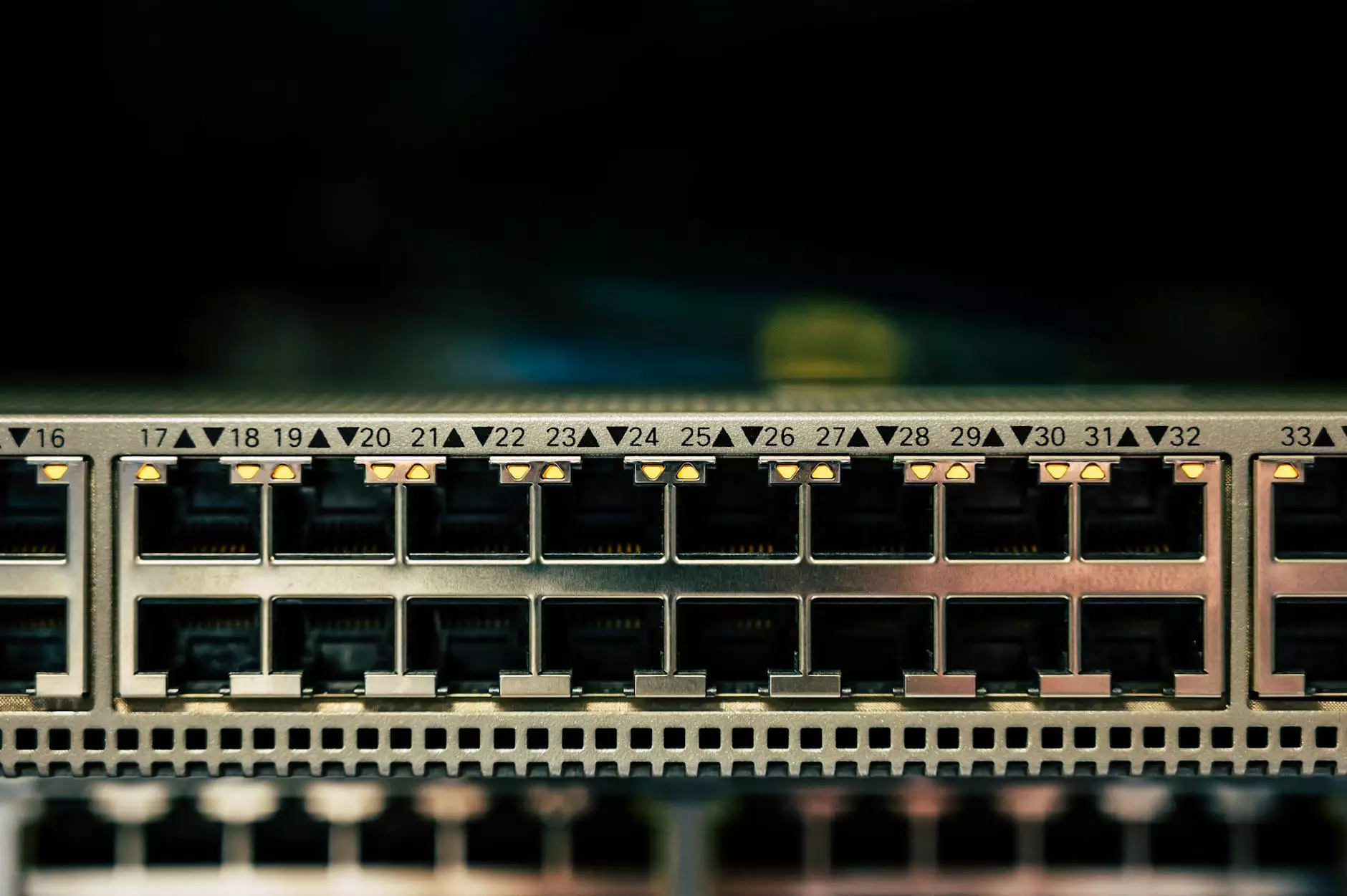Elevate Your Comfort: A Deep Dive into Heating & Air Conditioning

The importance of having a reliable heating and air conditioning (HVAC) system cannot be overstated. Whether you're enduring the sweltering heat of summer or the bitter chill of winter, a well-functioning HVAC system is essential for a comfortable home. In this thorough guide, we will explore every facet of heating and air conditioning, helping you to understand the ins and outs of your system, improve efficiency, and ensure that your environment remains inviting throughout the year.
Understanding HVAC Systems
At its core, an HVAC system is a network that provides heating, ventilation, and air conditioning to residential and commercial spaces. These systems are designed to provide maximized comfort through temperature control, humidity management, and overall air quality improvement.
What Does an HVAC System Include?
- Heating Units: This includes furnaces, heat pumps, and boilers.
- Cooling Units: Central air conditioners and ductless mini-split systems are typical examples.
- Ventilation: This aspect involves the circulation of fresh air and the removal of stale air, often facilitated through ductwork and exhaust fans.
- Thermostats: Smart thermostats allow for programmable settings to optimize energy use.
The Essentials of Heating Systems
Heating systems are crucial for maintaining comfortable indoor environments during the colder months. Understanding your options will empower you to make informed decisions regarding installation, maintenance, and upgrades.
Types of Heating Systems
Here are some common types of heating systems:
- Furnaces: These are the most frequent heating systems in North American homes. They work by blowing heated air through ducts.
- Heat Pumps: Efficient for both heating and cooling, heat pumps draw heat from the outside air or ground and transfer it indoors.
- Boilers: Boilers heat water and distribute steam or hot water through radiators.
- Radiant Floor Heating: This involves heating cables or water-heated tubing installed beneath the floor’s surface to provide even warmth.
Choosing the Right Heating System
When choosing a heating system, consider the following factors:
- Energy Efficiency: Look for systems with high Annual Fuel Utilization Efficiency (AFUE) ratings.
- Size: Heating systems must be appropriately sized for the space they will serve to avoid inefficiency.
- Installation and Maintenance: Consider the installation costs and ongoing maintenance needs.
- Types of Fuel: Different systems may run on electricity, natural gas, or other fuels, which can affect your operating costs.
Air Conditioning Systems: Keeping It Cool
Air conditioning is just as vital as heating in many climates. Let’s explore the popular options available for keeping your indoor spaces cool and comfortable.
Popular Types of Air Conditioning Systems
- Central Air Conditioning: This system utilizes a network of ducts to distribute cooled air throughout the home.
- Ductless Mini-Split Systems: These systems consist of an outdoor compressor and indoor air-handling units, requiring no ductwork.
- Window Units: Convenient for cooling single rooms, window units are easy to install and budget-friendly.
- Portable Air Conditioners: Ideal for renters or those who need temporary cooling solutions.
Factors to Consider When Choosing an Air Conditioning System
- BTU Rating: The British Thermal Unit (BTU) rating measures the cooling power; choose one that matches your room size.
- Energy Efficiency Rating: Select units with higher Seasonal Energy Efficiency Ratio (SEER) ratings for lower energy costs.
- Noise Levels: Consider sound levels, which are essential particularly in bedrooms or quiet areas.
- Installation Costs: Factor in costs for installation, ductwork, or modifications that might be needed for your space.
Importance of Regular Maintenance
Regular maintenance is fundamental to ensuring that your heating and air conditioning systems operate efficiently. Neglecting maintenance can lead to higher energy bills and unexpected breakdowns. Here are some of the essential maintenance tasks:
HVAC Maintenance Checklist
- Change Filters: Replace or clean filters every 1-3 months to improve airflow and system efficiency.
- Check the Thermostat: Ensure that the thermostat is functioning correctly and is calibrated.
- Inspect Ducts: Look for leaks and blockages in ductwork to maintain proper airflow.
- Clear Condenser Coils: Remove debris from the outdoor unit to ensure efficient heat exchange.
- Schedule Professional Inspections: Have your system inspected by a qualified professional at least once a year.
Improving Your HVAC System's Efficiency
Maximizing the efficiency of your HVAC system can lead to substantial energy savings and enhanced comfort. Follow these tips to ensure efficiency:
Energy-Saving Strategies
- Use Programmable Thermostats: Program your thermostat to reduce heating and cooling when you're not home.
- Seal Leaks: Identify and seal air leaks around windows, doors, and ducts to prevent energy waste.
- Implement Zoning Systems: Consider zoning your HVAC system to heat or cool specific areas as needed.
- Opt for Energy-Efficient Models: If replacing your HVAC system, choose ENERGY STAR-rated appliances.
- Insulate Your Home: Proper insulation minimizes energy loss, thereby enhancing HVAC performance.
The Future of HVAC Technology
As technology continues to evolve, the HVAC industry is experiencing significant advancements in energy efficiency, remote control, and smart home compatibility. Innovations such as smart thermostats and advanced indoor air quality solutions are leading the charge for better, more efficient systems.
Smart HVAC Solutions
Integrating technology into HVAC systems can provide numerous advantages, including:
- Remote Monitoring: Many systems allow you to control your HVAC via smartphone apps, giving you increased convenience.
- Energy Usage Tracking: Track and analyze energy consumption for more informed decisions on usage.
- Improved Indoor Air Quality: Smart systems can detect and adjust to air quality changes automatically.
- Predictive Maintenance: Advanced systems can alert you to performance issues before they lead to costly repairs.
Conclusion: Embracing Efficient Climate Control
In conclusion, understanding your HVAC system and taking proactive steps towards maintenance and energy efficiency is essential for a comfortable and economical home. Whether you’re dealing with heating or air conditioning needs, ensuring your system operates at its best can lead to a more sustainable approach for the planet and financial savings on your utility bills.
For expert advice and a quality service experience, consider visiting Diha Air Conditioning. With their commitment to excellence in heating and cooling solutions, they can help you achieve the optimal comfort in your home.
https://dihaairconditioning.com/








